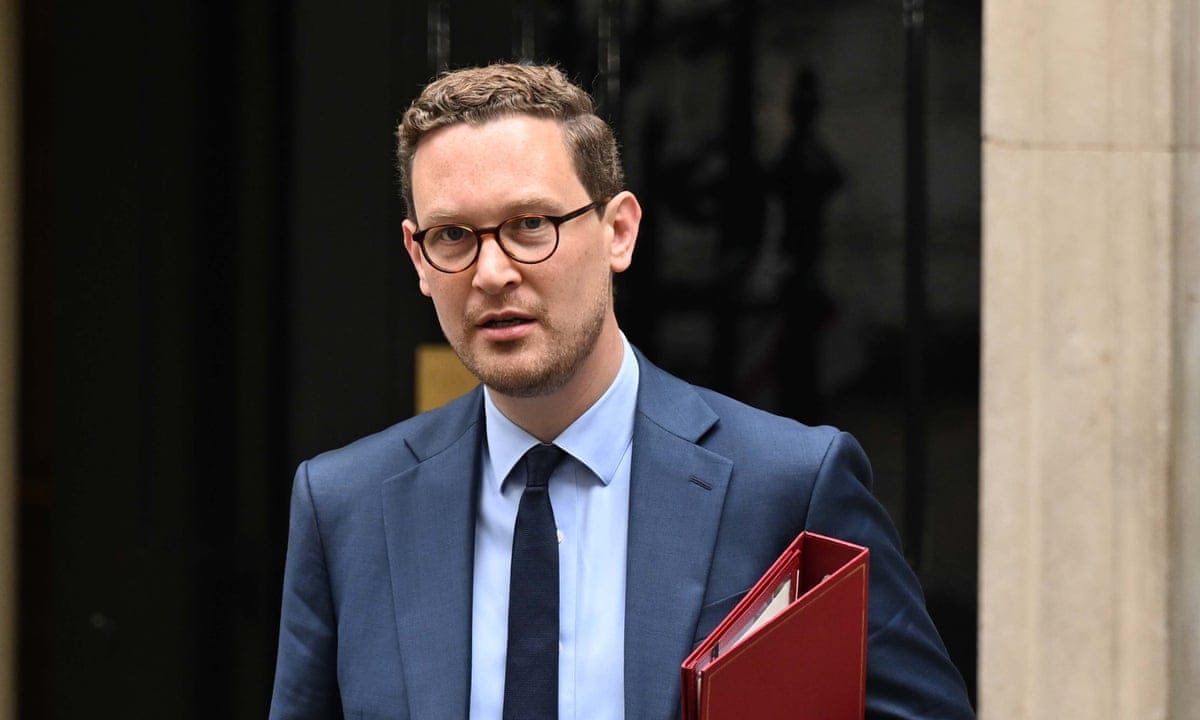The government has recently disclosed that it accumulated the most substantial financial burden since World War II in June. This revelation comes after the Office for National Statistics reported a surge in UK public-sector spending exceeding income by £14.5bn last month, marking an increase of £3.2bn from previous forecasts.
Despite borrowing being $1.1 billion less than during the same period last year at approximately £49.8bn for the first quarter of 2024-25, it still surpassed predictions by the Office for Budget Responsibility published in March's budget statement.
The opposition Labour party has expressed concerns over an estimated national debt reaching levels not seen since the 1960s after a fourteen-year tenure of Conservative rule. In response to these figures, Darren Jones, Chief Secretary to the Treasury, emphasized that despite inheriting severe economic circumstances likened to those post-World War II, the government is actively working towards rectifying the situation and instilling stability for growth and increased public funds allocation.
Labour's Rachel Reeves plans on presenting an update regarding public spending in Parliament before month-end. This move is expected as a strategy to illustrate the difficulties ahead in repairing public services, fostering economic growth, while also accommodating pressure to modify policy concerning benefits for families with multiple children.
The timing of Chancellor Kwasi Kwarteng's first budget remains undisclosed, but it may not occur before his attendance at upcoming G20 meetings in Brazil towards the end of July. Meanwhile, Reeves has indicated that the Office for Budget Responsibility requires a 10-week notice to provide independent forecasts, potentially delaying budget announcement until after Labour's annual party conference in Liverpool late September.
The Treasury faces considerable pressure to create space within public finances to eliminate the two-child limit on benefits, introduced by Conservatives in 2017 and criticized as a significant contributor to child poverty. The Resolution Foundation estimates that this policy change would cost around £2.5bn currently, with additional costs of £3bn when combined with abolishing the benefit cap.
Labour refrained from pledging support for lifting these limitations during election campaigning, citing financial constraints and prioritizing economic growth as main objectives. Cara Pacitti, senior economist at the Resolution Foundation, emphasized that the weaker-than-anticipated borrowing this year serves as a stark reminder of the fiscal challenges awaiting Chancellor Kwasi Kwarteng ahead of his first budget later in autumn.
Read next

Ryanair plane had only six minutes of fuel upon Manchester landing, records show
Flight Narrowly Avoids Disaster After Storm Diversion
An inquiry has been launched after a Ryanair flight, struggling against severe winds during storm Amy last week, landed at Manchester Airport with only six minutes’ worth of fuel remaining.
The aircraft had been transporting passengers from Pisa, Italy, to Prestwick, Scotland, on

"Qantas customer data for 5 million exposed as hackers release info post-ransom deadline"
Hackers Leak Personal Data of 5 Million Qantas Customers on Dark Web
A cybercriminal group has released personal records of 5 million Qantas customers on the dark web after the airline did not meet their ransom demand.
The breach is part of a larger global incident affecting over 40 companies,

Investors flee record-high UK stocks as EU set to hike steel tariffs
Investors Withdraw Record Sums from Equity Funds Amid High Market Valuations
Data reveals that investors in the UK have withdrawn an unprecedented amount of money from equity funds over the past three months, driven by concerns over soaring stock market valuations.
According to the latest figures from Calastone, the largest

